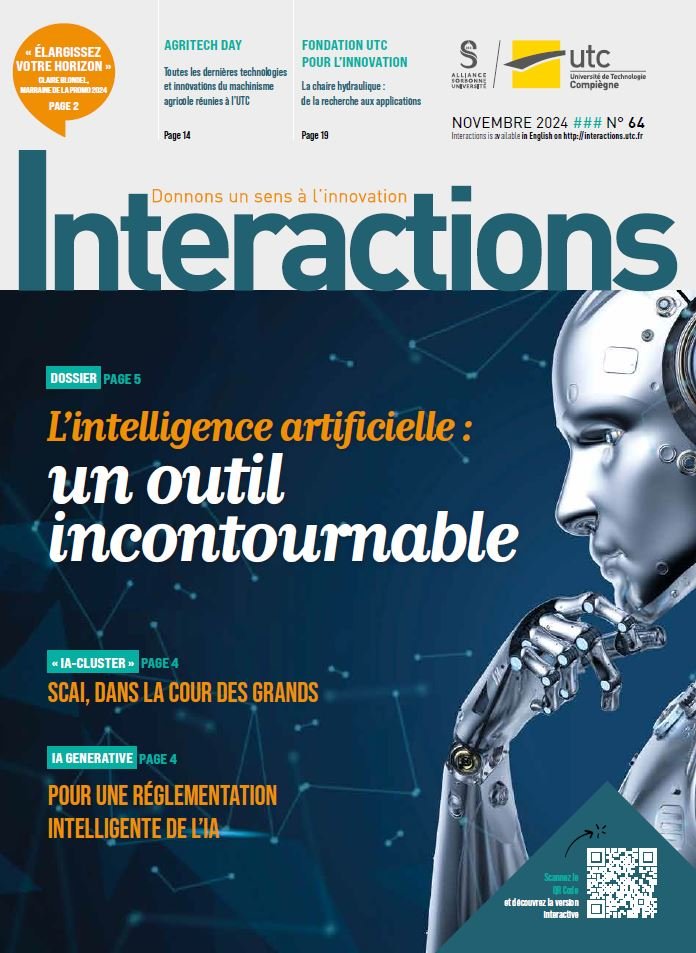The need for an eco-fork in the road ahead

As a tenured university professor, David Flacher has succeeded in his gamble with EPOG+ (Economic Policies for Global bifurcation), an Erasmus Mundus Master’s program launched in 2018, since the European Union (EU) decided to fund EPOG-JM (Joint Master), the new Erasmus Mundus master’s programme, with 5 million euros. A Master’s degree focusing on the theme of the necessary ecological bifurcation.
A doubly successful gamble given that, following on from EPOG+, an EPOG-Doctoral Network (EPOG-DN) has also come to be. Eleven theses, six of them by former EPOG+ students, are currently funded by the EU with 2.5 million euros. The idea behind these two projects? “First and foremost, to step up analysis, research and training on the challenges of the ecological transition. We’re clearly talking about the need seen for an ecological bifurcation, since we are at a stage where we need to redouble our efforts to avoid the catastrophe predicted. Secondly, we need to recognize that the changes we need to make cannot be achieved without the involvement of the global South,” he assures us.
As with EPOG+, the EPOG-JM consortium is led by UTC. This programme has been joined by 11 main academic partners, three more than EPOG+, and by over forty associates from every continent except Oceania. The main partners include the CNAM in France, the University of Geneva and two Brazilian universities, viz., the Federal University of Rio de Janeiro and the University of Campinas near São Paulo. The programme is attended by some 50 highly selected students — generally 60% women and 40% men — from over 20 countries worldwide, including Mexico, Bangladesh, Nepal, Tajikistan, Egypt, Australia and the USA.
Associate partners include academic players from all over the world, such as Sorbonne Paris Nord University and ENS Paris Saclay in France, the International Institute for Applied Systems Analysis in Austria, the University of Pisa in Italy, and the University of Leeds in the UK, Hitotsubashi University in Japan and the Universidad Nacional Autónoma de México in Mexico, as well as non-academic institutions such as the Agence française du développement, the Intercontinental Network for the Social Solidarity Economy, the CEPAL, one of the UN’s five regional economic commissions and the Unesco Chair. “What is interesting is that the more the programme gains in reputation worldwide, the more the partners we approach respond positively to joining the consortium. In some cases, we also receive spontaneous requests from players wishing to join us. These associated partners welcome, among others, students who wish to carry out their end-ofyear Master’s dissertation in line with their project”, he explains.
All of the eleven EPOG-DN theses deal with themes linked to the ecological bifurcation that David Flacher and his colleagues are calling for. “The aim is to address socio-technical issues, macro-economic and financial issues and socioecological issues simultaneously,” concludes David Flacher.
MSD




